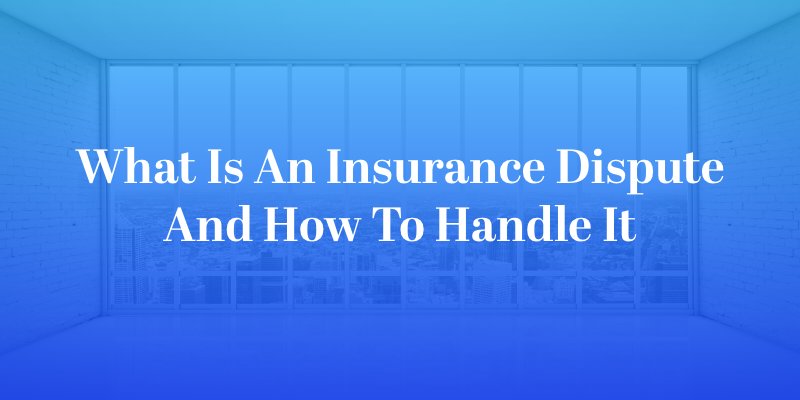
Whether you get injured in a car accident or a slip and fall, the claims process can be difficult. You may struggle even more if the insurance company involved in your case disagrees with or disputes elements of your claim. In this situation, you may need to hire a personal injury lawyer in San Antonio to take over communications with the insurance company for you.
What Happens During an Insurance Dispute?
After you file an initial claim with an insurance company, the insurer will investigate the incident to determine if you are eligible for coverage under the terms of the policy being used. Then, the insurance company will either deny or accept your claim. A denial may arise from the insurer disputing one or more parts of your claim.
You will need to understand the nature of the dispute, such as if the insurance company is questioning the validity of your claim or disputing the terms of the policy coverage. From there, you or your attorney can collect evidence and communicate with the insurer to support your claim and work toward a successful dispute resolution.
Examples of Insurance Disputes
An insurance dispute can describe any argument made by an insurance company against a submitted claim. It can also refer to a claimant disagreeing with the insurance company’s assessment of a claim or settlement offer. Common types of insurance disputes include:
- Disputing liability for an accident
- Assigning blame to the claimant
- Asserting that the policy does not cover the claim
- Underestimating the value of the claim
- Delaying the payout of a claim
All claimants have the right to dispute an insurance company’s decision during injury claims. If you get involved in a dispute, you must provide evidence supporting your side of the argument. If the insurer is disputing fault, for example, you must show that the policyholder is to blame for your accident and injury.
How to Recognize Insurance Bad Faith
Some insurance disputes are known as bad faith. This is when an insurance provider fails to process a claim in an honest and good faith attempt to resolve the legal dispute. An insurance provider may engage in many bad faith practices in an effort to save itself money. Examples include:
- Denying a claim without a valid reason
- Intentionally delaying the investigation or payout of a claim
- Failing to properly investigate the claim
- Refusing to offer a reasonable settlement
- Misrepresenting the terms of a policy
- Forcing the policyholder into unnecessary litigation
Insurance bad faith is a tort, or wrongful act, that can give you grounds to file a claim or lawsuit directly against the insurance company for mishandling your case. This type of claim could result in additional compensation on top of a settlement for your initial claim.
Should I Hire an Attorney for an Insurance Dispute?
If you find yourself involved in a dispute with an insurance company in Texas, you may require professional help from an experienced attorney. Hiring a personal injury lawyer can make it easier to document your claim with strong evidence and appeal an insurance company’s decision. Your attorney can gather documentation, communicate with the insurer on your behalf, request an internal appeal or take your case to court, if necessary. Contact us today.
